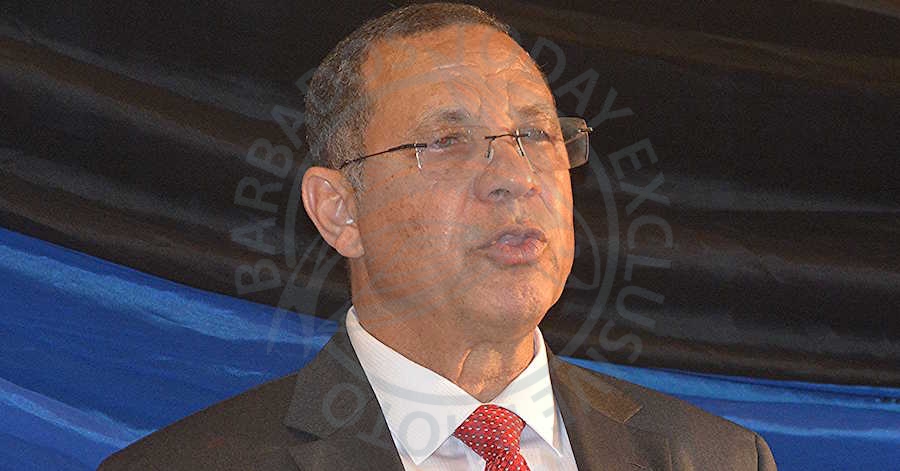Amidst many Barbadians’ public wishful craving for the return of an organisation similar to the Barbados National Bank, another institution has been quietly and successfully performing the same development functions, and unlike BNB, holds a promising future.
This bank began with seed financing of $5 million and 21 years later it boasts to have distributed $214 million in loans to approximately 331 small and medium-sized enterprises (SME). It has approximately $122 million in its finance portfolio and offers loans from as low as $100,000 to as high as $4.5 million.
That facility dispensing development financing for a wide range of investments on the island is the Enterprise Growth Fund Ltd (EGFL) that was founded during BNB’s existence but with the expressed purpose of replacing the debt-laden facility for which Barbadians still have fond memories.
Mandated to provide venture capital to SMEs at its formation in 1998 EGFL morphed into a Fund Manager “offering loans from dedicated, sector-specific Funds” including hospitality and tourism; agriculture; innovation; industrial, investment and employment; and with the latest being smart energy.
Barbadians should not be too hard on themselves for failing to recognise this BNB replacement flying under the radar for two decades because a former chairman, Mariano Browne, recently delivered a one-hour presentation on national development banks, in which he frequently referred to EGFL, without once addressing it as a development bank until confronted with the concept during question time.
Following the lecture themed A Love Affair with National Development Banks, which was part of EGFL’s 21st-anniversary celebrations this month, member of the audience Hutson Husbands suggested to Browne that based on the presentation, “you are saying that Barbados has a Development Bank in 2019 called EGFL”.
“Correct,” Browne replied.
“Yes, we do have a development bank called EGFL. I did say that they come in different sizes and ownership structures and forms.”
He said that in the case of EGFL “there is a little private sector element in it and the one strong thing about it, it has been run on private sector lines. I think that is what has saved it moving forward”.
Browne’s comment about the influence of the private sector saving that bank from the fate of BNB touched on one of the messages in the economist and chartered accountant’s presentation in the Courtney Blackman Grand Salle of the Central Bank last week.
He described a scenario faced by developed banks, whose funding was wholly or partially supported by governments.
“The commercial reality is that not all companies and/or ventures can access credit. Some are stymied by size, scope, or by sectoral hurdles,” he said of the SMEs that most need input from development banks, and explained that this requires “a delicate balance of policy, assistance and guidance”.
The former minister in a Trinidad and Tobago government added: “it ought not to be along the lines of welfare programmes or assistance to the boys and girls with political connections.”
Browne recalled that “during the time that I was chairman of EGFL every occasion where we ran up [against] the fundamental issue of political connections requesting favourable dispensation with regard to the provision of funds economics won, politics lost.”
Underlining the challenge to employees of development banks in resisting attempts at political influence, he further recollected speaking about a politically testing situation with the then and current CEO, Timothy Simmons, “in one particular meeting my point to him was, ‘I could say no’, you have a job’.”
Browne reported that Simmons stood his ground. “He said no too, and he kept his job.”
EGFL executive personnel had to fend off, and will probably need to continue fending off, attempts at political influence despite the principles of its formation.
The bank states, “as a condition of its Investment Sector Loan to the Government of Barbados, the Inter-American Development Bank mandated that the Barbados Development Bank (BDB) be terminated because of the significant cumulative losses incurred from its inception”.
Ironically this came out of a BDB commissioned study “to determine the appropriate legislative, regulatory and fiscal framework under which a new Development Finance Institution could efficiently provide growth-financing for businesses in the small and medium-sized enterprise sector”.
The bank states that it “was established as a private sector led institution in which Government would play a catalytic role by offering tax concessions and seed capital”.
Perhaps another reason Barbadians don’t recognise EGFL as a development bank is the absence of politics in its developmental support ventures.




